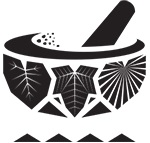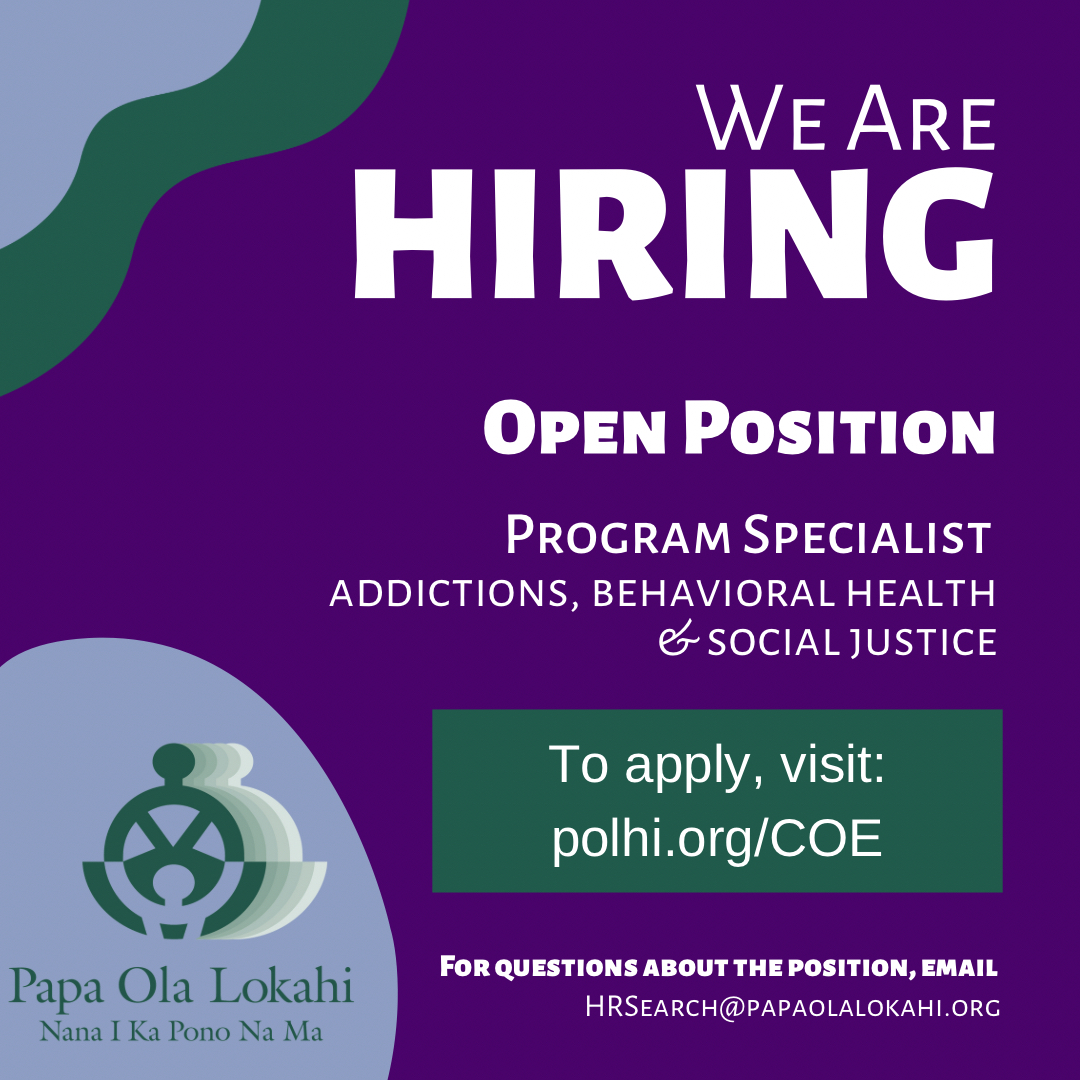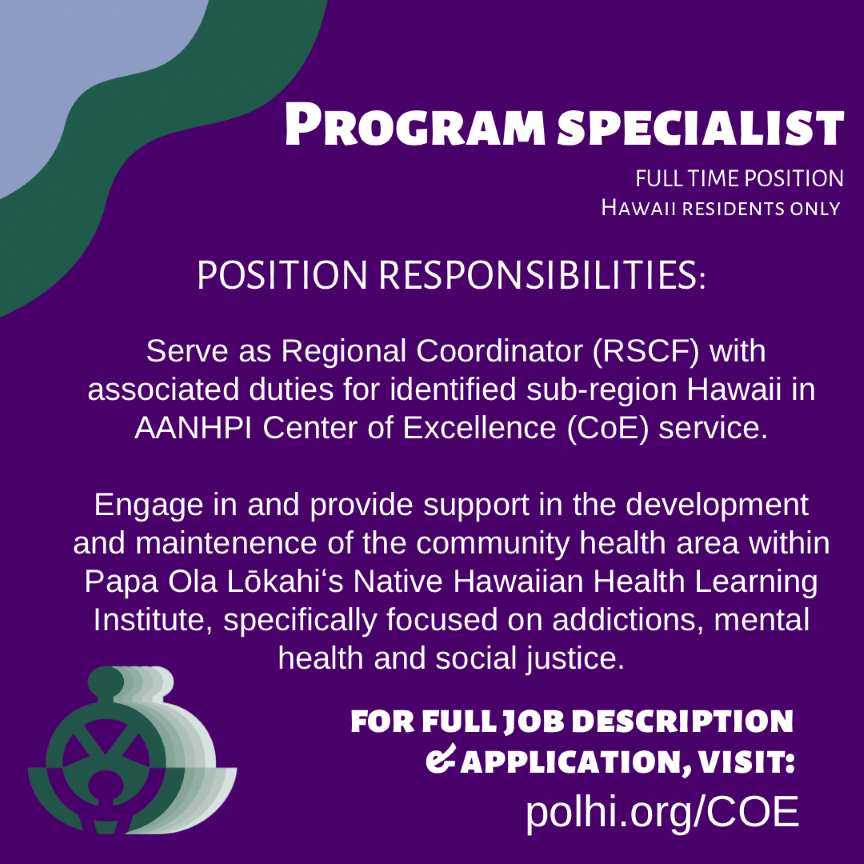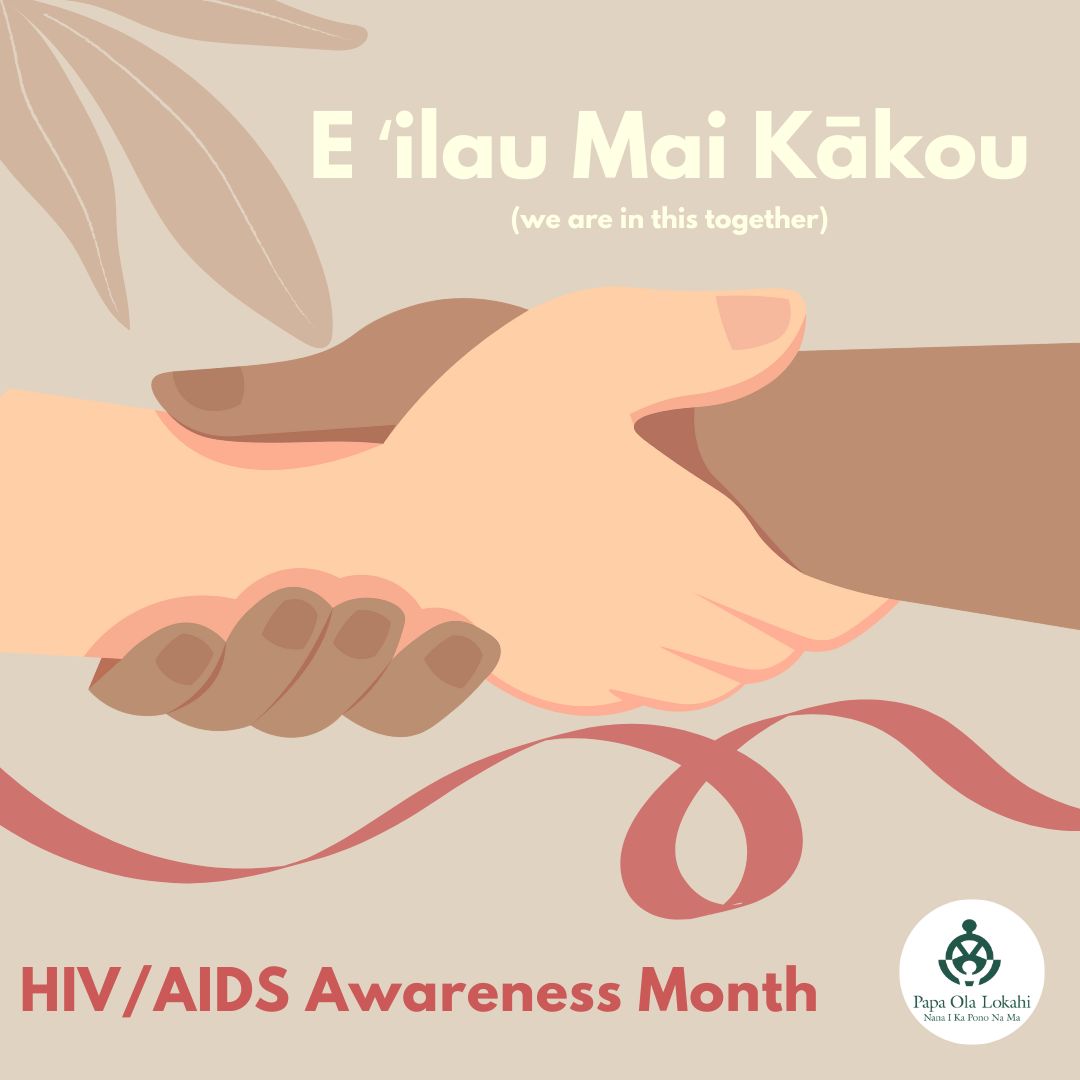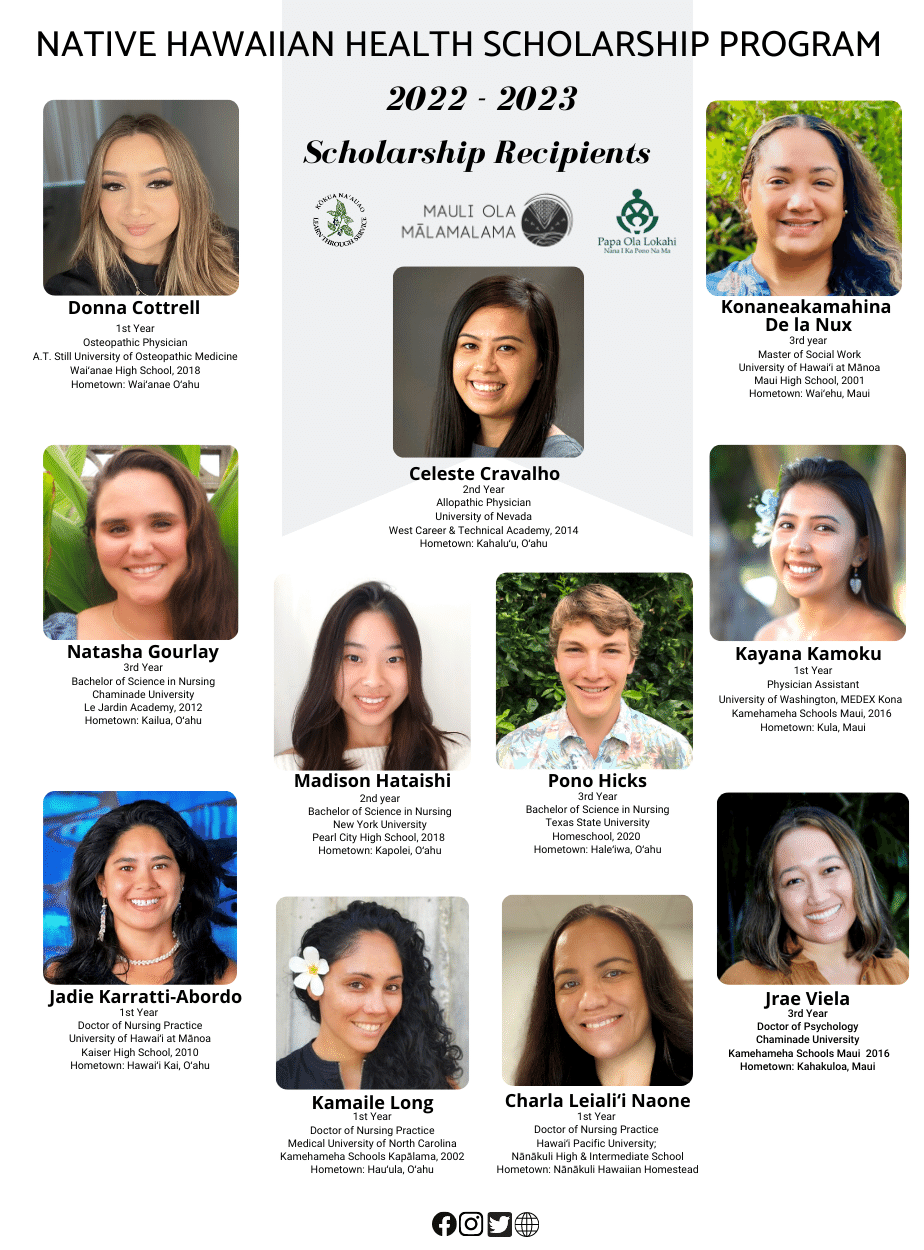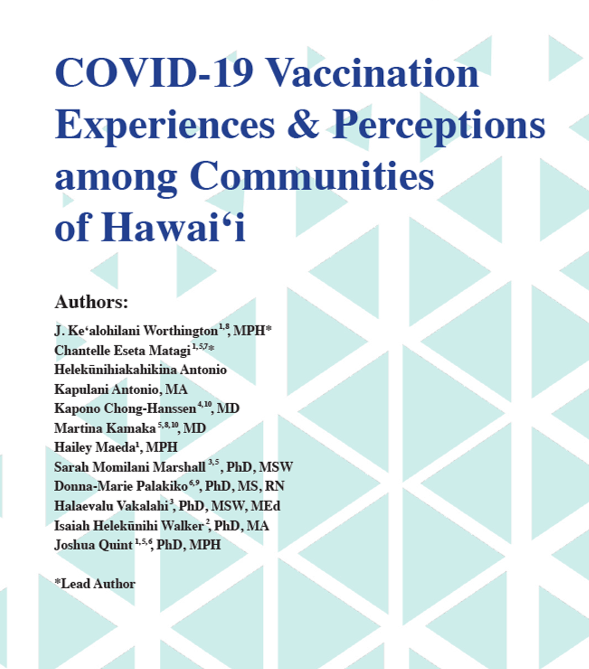On Kuleana
ESSAY: Kuleana
na Raymond Pintor
The Native Hawaiian people have a unique relationship with land and culture, deeply rooted in the concept of Kuleana. Kuleana is a Hawaiian word roughly translated as responsibility and privilege. It refers to the idea that each person has both responsibility and privilege to care for and protect the land and the community to which they belong.
This concept of Kuleana is a reciprocal relationship, central to the Native Hawaiian worldview, playing an essential role in shaping Hawaiian history and relationships with the criminal justice system. As kānaka care for the land, the land also provides for them. Each kānaka would have a function. The community would work together to ensure everyone was cared for.
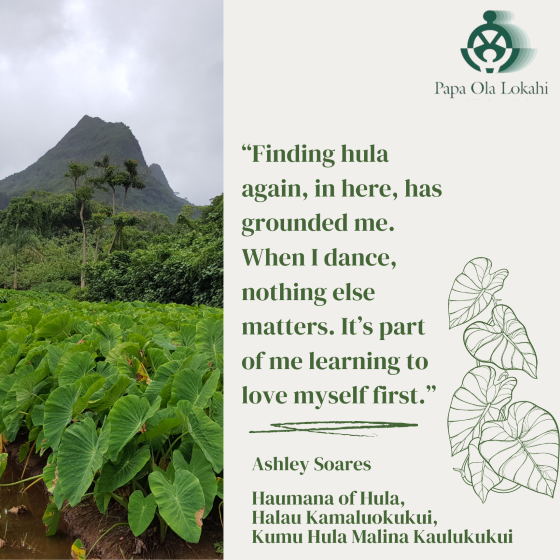
Native Hawaiians have been disproportionately impacted by the criminal justice system in the United States. According to a Hawaii Department of Public Safety report, Native Hawaiians comprise about 20% of the state's population. Still, they account for over 40% of the state's prison population. This over-representation in the prison system reflects the historical and ongoing marginalization of the Native Hawaiian people, as well as the systemic racism and bias that permeate the criminal justice system. Even though Native Hawaiians that fulfill their kuleana by serving their sentence, it seems that the Hawaii criminal justice system has not reciprocated in kind.
Despite the challenges that Native Hawaiians face, many are deeply committed to the concept of Kuleana, even in the face of adversity. For many Native Hawaiians imprisoned, incarceration is not just a punishment but an opportunity to reconnect with their culture and community. They can see their time in prison as a chance to reflect on their past and learn from their experiences.
In some cases, Native Hawaiians have used their time incarcerated to engage in cultural and educational programs that help them reconnect with their heritage and sense of Kuleana. These programs have included traditional Hawaiian music and dance, language classes, or Hawaiian history and culture workshops. By participating in these programs, they can gain a deeper understanding of their identity and place in the world and recommit themselves to the principles of Kuleana.
The challenges faced by Native Hawaiians imprisoned are not limited to their time behind bars. Once released from prison, they often face significant barriers to reentry and reintegration into their communities. These barriers might include employment, housing discrimination, limited healthcare, and access to social services. Native Hawaiians need support from their families, communities, and the government to overcome these challenges.
To address these issues, a few initiatives are underway to help Native Hawaiians reenter society and reclaim their sense of Kuleana. These include job training and placement programs, counseling and support services, and cultural and educational programs that help justice-involved folks maintain their connection to their heritage and community. By providing these resources, we can help Native Hawaiians who are justice-involved rebuild their lives, taking active roles in caring for their families, communities, and land.
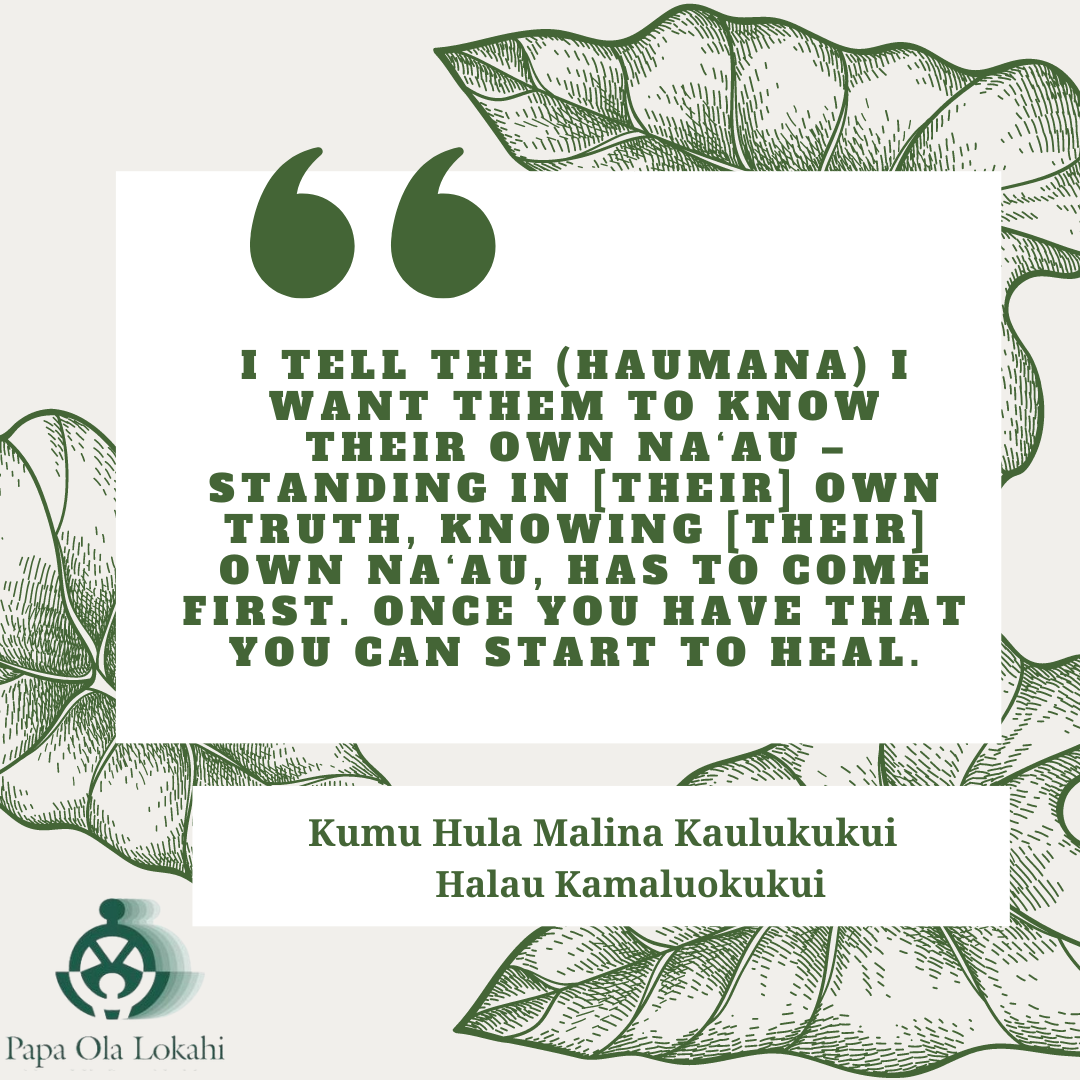
In conclusion, the concept of Kuleana is central to the Native Hawaiian worldview, essentially shaping the history and experiences of Native Hawaiians. Despite many challenges, many remain deeply committed to the principles of Kuleana. They see their time in prison as an opportunity to reflect and recommit themselves to their community and heritage. By providing support and resources to Native Hawaiians, we can help them overcome the barriers to reentry and reclaim their sense of Kuleana as they build a better future for themselves and their communities.
~This blog was authored by Raymond Pintor,
an MSW student who interned at Papa Ola Lōkahi during the 2022-2023 academic year.



